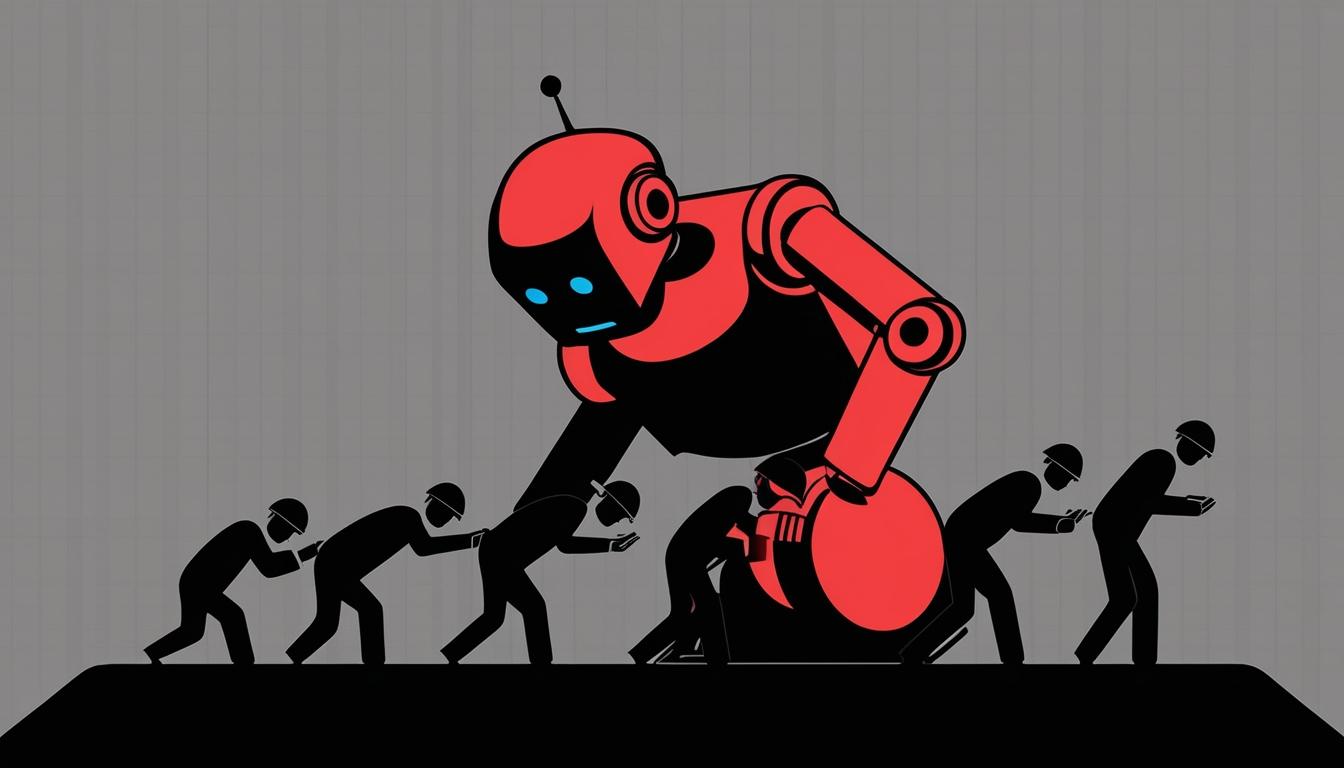In the context of a rapidly evolving technological landscape, particularly driven by the advancements in artificial intelligence (AI), the economic resilience of Americans has gained renewed attention from Congress and is set to be a focal point in the upcoming presidential election. This comes amid public concerns about the economy, with over a third of Americans identifying economic issues as the primary challenge facing the nation. This sentiment has remained consistent for more than two years, suggesting that incremental efforts to address economic instability have not sufficiently alleviated the public's apprehensions.
Emerging technologies, especially AI, are creating a complex array of impacts on various professions, a fact that has increasingly raised concerns regarding job security and economic inequality. The economic uncertainties exacerbated by the AI revolution are already manifesting in several industries. For instance, significant workforce reductions have been reported in the video game sector, while artists, musicians, and content creators are expressing concerns over reduced business opportunities as AI technologies become more prevalent.
In response to these shifts, certain states have enacted laws aimed at protecting performers from the potential economic repercussions of digital replicants. However, these measures have been described as limited and insufficient in scope. Advocates argue that the gravity of the technological, social, and economic transitions necessitates a more ambitious legislative approach that reflects the magnitude of the changes already unfolding.
The advent of AI agents—sophisticated systems designed to act autonomously on behalf of users—holds the potential to significantly transform daily activities and reshape numerous job sectors. This change is poised to not only disrupt existing business practices but also create a widening chasm between those who benefit from AI advancements and those who do not. A vision for the future of work and economic security in the era of AI must be formulated now to ensure that society does not merely adapt but thrives amid these transformations.
As discussions surrounding economic resilience continue to intensify in Washington, the ideas and innovations that emerge could lay the groundwork for new institutions and support systems aimed at fostering widespread prosperity in an AI-driven economy. The challenge lies in imagining the possibilities and implementing practical solutions designed to empower individuals and communities adversely affected by technological advancements.
In echoing historical precedents, such as Dr. Francis Townsend’s advocacy for economic reform nearly a century ago, there is an implicit call for bold thinking and action to navigate the challenges posed by AI and automation. The upcoming political climate may serve as a crucial period for establishing the necessary frameworks to support economic stability and individual security as fundamental shifts in technology continue to redefine the landscape of work and enterprise.
Source: Noah Wire Services
